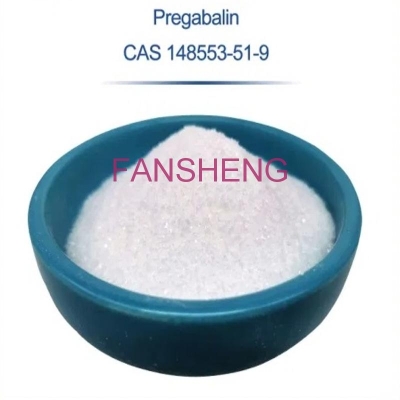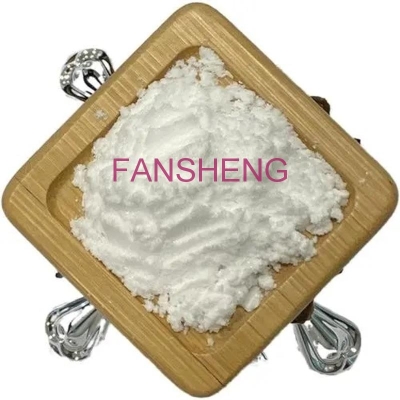-
Categories
-
Pharmaceutical Intermediates
-
Active Pharmaceutical Ingredients
-
Food Additives
- Industrial Coatings
- Agrochemicals
- Dyes and Pigments
- Surfactant
- Flavors and Fragrances
- Chemical Reagents
- Catalyst and Auxiliary
- Natural Products
- Inorganic Chemistry
-
Organic Chemistry
-
Biochemical Engineering
- Analytical Chemistry
- Cosmetic Ingredient
-
Pharmaceutical Intermediates
Promotion
ECHEMI Mall
Wholesale
Weekly Price
Exhibition
News
-
Trade Service
January 5, 2021 // -- The treatment of depression faces two major challenges.
first, almost 50 percent of patients did not respond well to existing antidepressants.
second reason is that conventional drugs take a relatively long time (about three to five weeks) to achieve the desired results.
team at the University of Sao Paulo (USP) in Brazil set out to solve a second problem by trying to "eliminate" the consequences of stress using an oscic genetic regulator.
stress (Photo Source: www.pixabay.com) is a key trigger for depression, altering certain presumed genetic markers in the brain.
many of these changes occur in genes associated with neuroplasticity, the brain's ability to respond to experience.
increases DNA methylation in these genes.
DNA methylation is a chromatin remodeling process that regulates gene expression by collecting proteins involved in gene suppression or by inhibiting the binding of transcription factors to DNA.
most existing antidepressants are designed to reduce this process.
a team led by USP Professor and Professor Samia Joca of Aolhus University in Denmark conducted an in-depth study of the role of BDNF (brain-borne neurotrophic factor), a nervous system protein that regulates the plasticity of neurons.
stress reduces the expression of BDNF, " says Joca, a spokesman for the BDNF.
if the BDNF signal is blocked, antidepressants don't work, which is why we focus on BDNF.
" team tested the hypothesis that stress response increases methylation of the BDNF gene, thereby reducing its expression, and that this decrease is associated with depressive behavior.
they reported the results in an article published in the journal Molecular Neurobiology.
two drugs, one of which is used to treat cancer (glioma)," said Joca, a glioblast.
the other is completely experimental.
it is important to note that these drugs cannot be used to treat depression, as if they reduce DNA methylation in an unlimited way, they increase the expression of other genes and therefore have adverse effects.
" According to Joca, to test the direct regulation of hypothetogenic genetic mechanisms to work more quickly, a very clear distinction between chronic and acute treatments is necessary.
first validated stress-induced depression models in rats treated with well-known conventional medications.
in this model, rats are subjected to unavoidable stress and then avoid stress by moving to the other side of their room seven days later.
results showed that animals stimulated by stress failed more often to learn this avoidance behavior than they did not.
treatment with conventional antidepressants and acute treatment with an ontectal genetic regulator have weakened this trend.
team tested two different regulators, 5-AzaD and RG108.
both inhibit the enzymes responsible for DNA methylation, "but they are not chemically related."
we want to rule out that this effect is caused by certain nonse specific mechanisms of one of the drugs.
, we used drugs with completely different structures and got the same results.
next step is to perform molecular analysis of 5-AzaD and map methylation of the target gene.
"We found that stress did increase methylation of BDNF and TrkB, another neurological protein, and was reduced to some extent through our treatment," he said.
() Source: Scientists seek faster route to treat depression Original source: Amanda J. Sales et al, Modulation of DNA Methylation and Expression in Rodent Cortical Neuroplasticity Pathways Exerts Rapids Antipressant-Like Effects, Molecular Neurobiology (2020). DOI: 10.1007/s12035-020-02145-4







